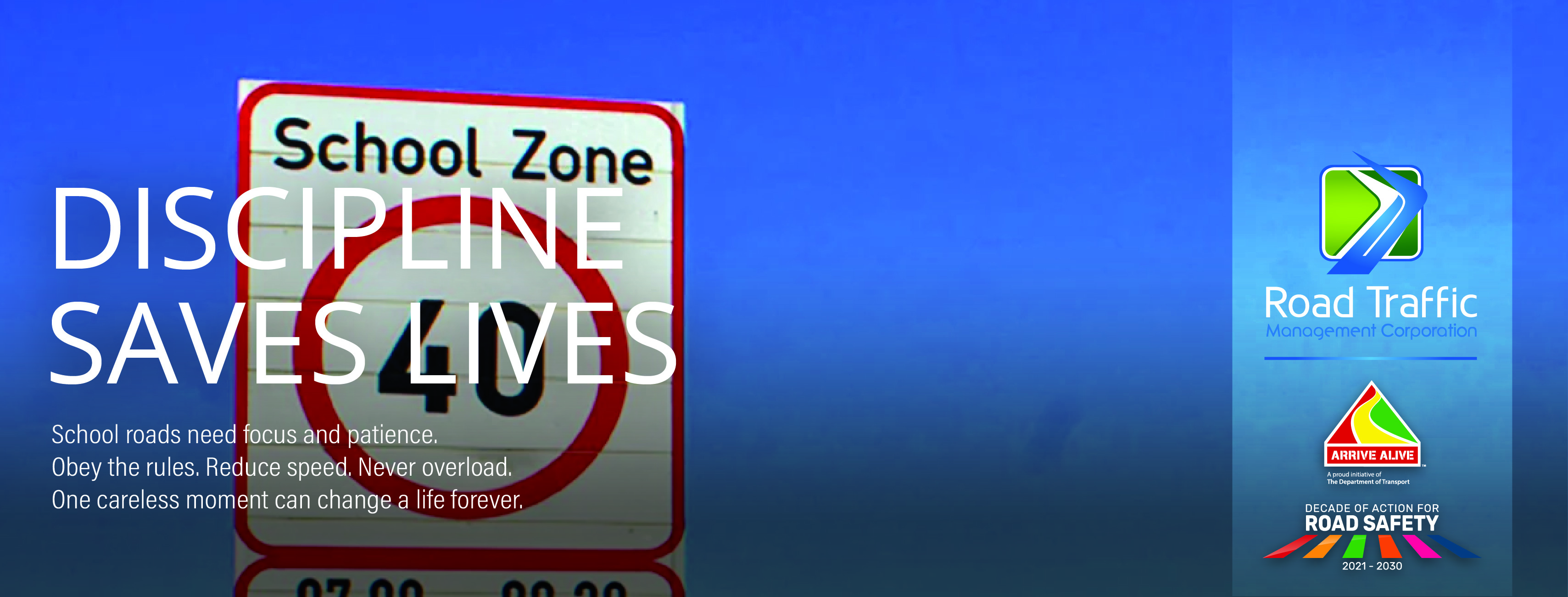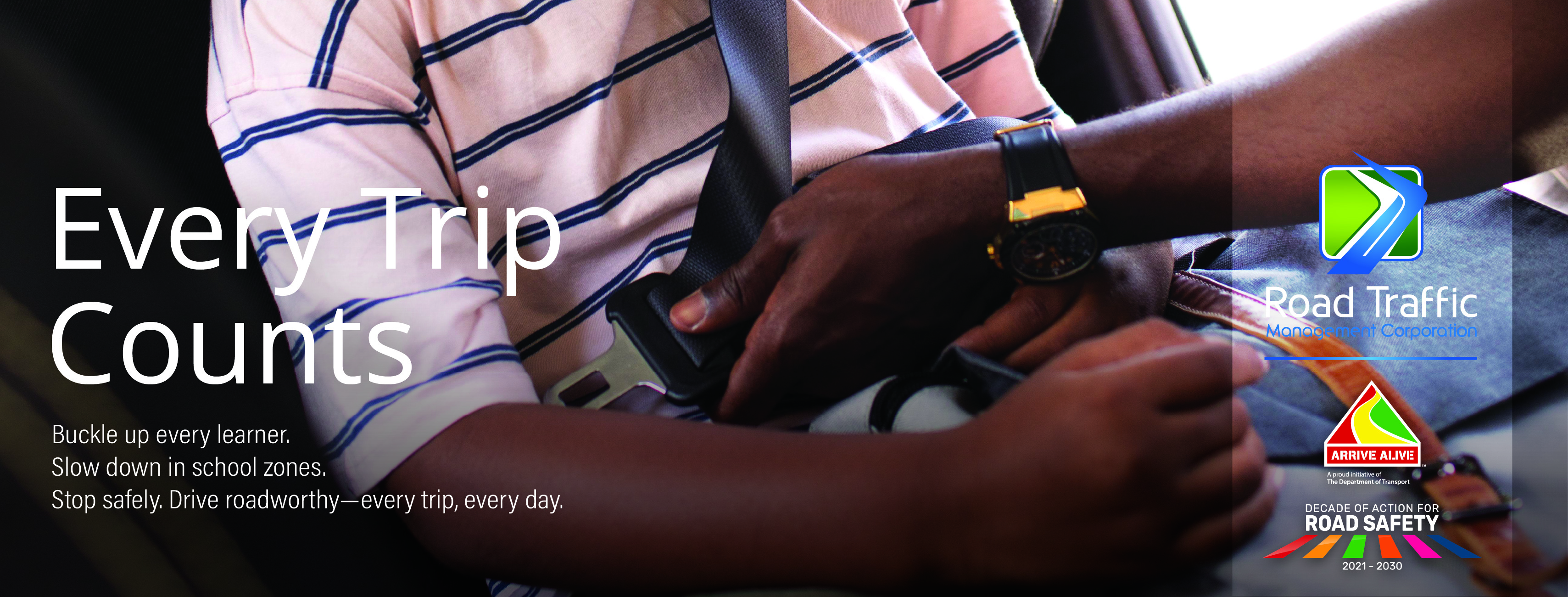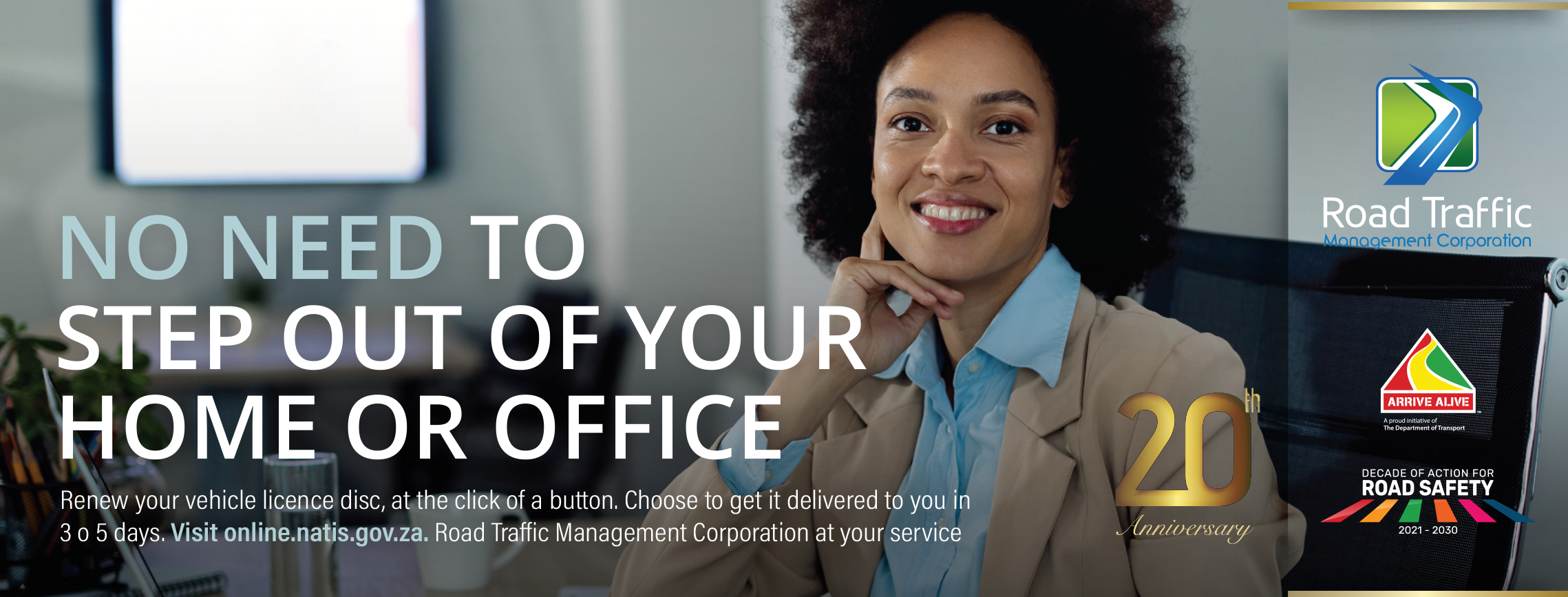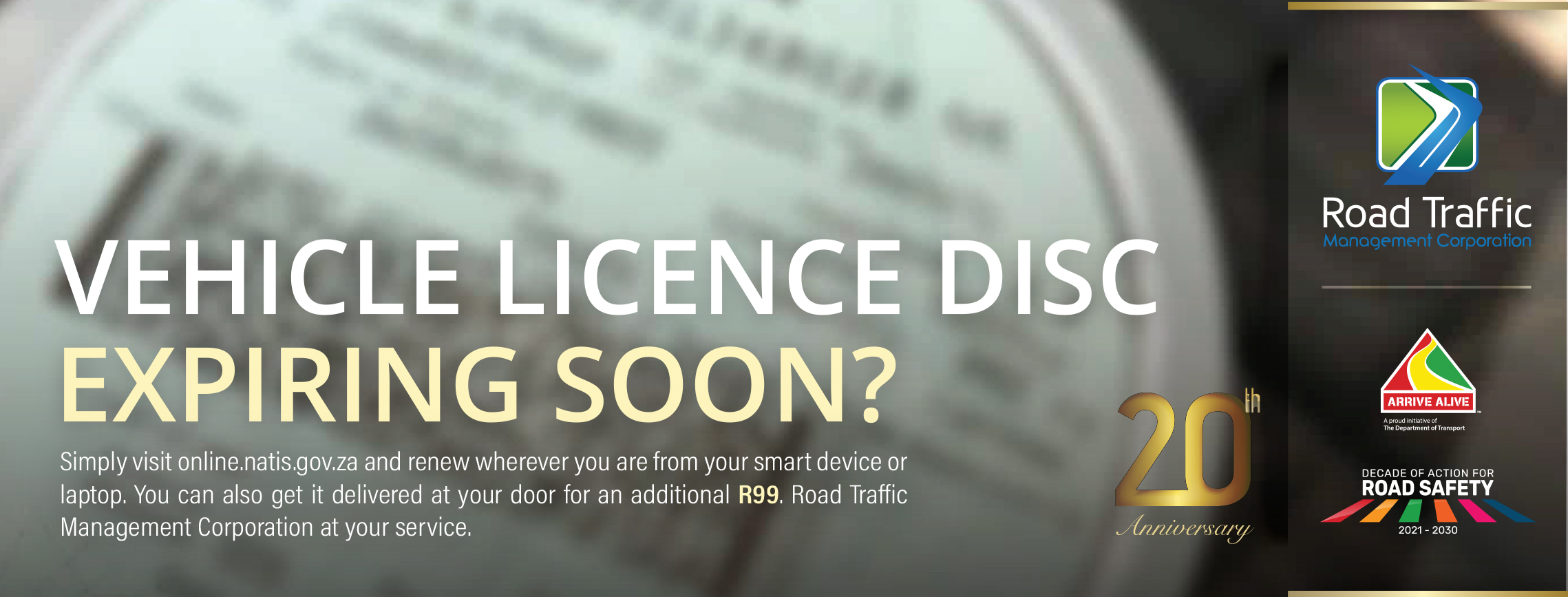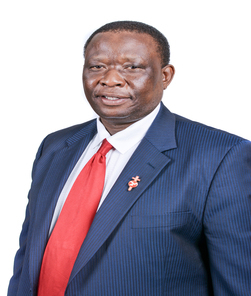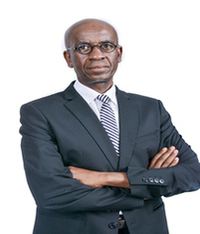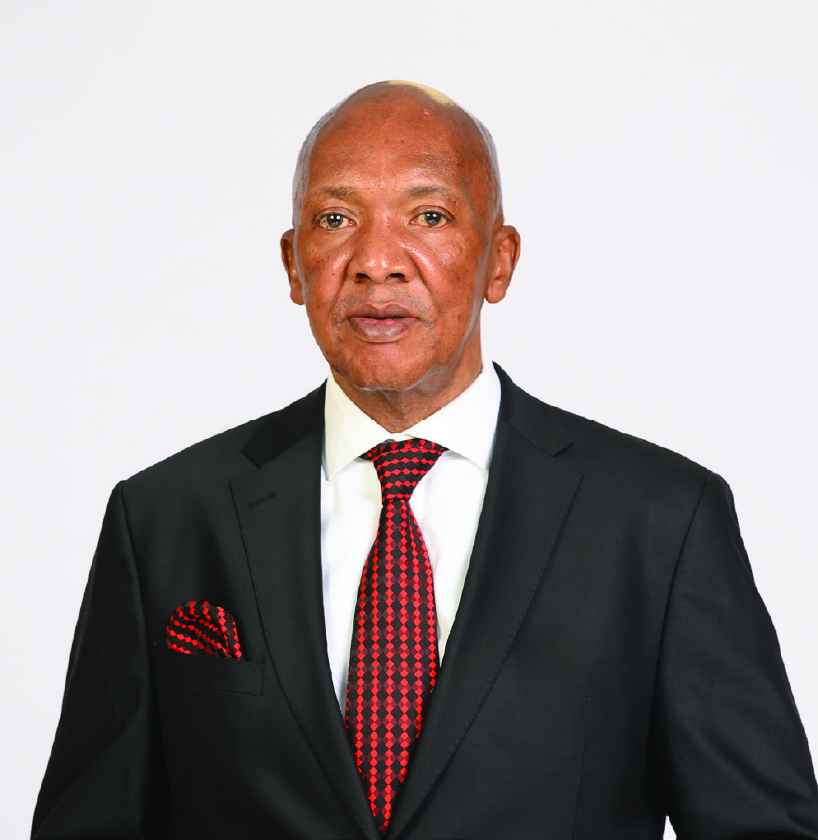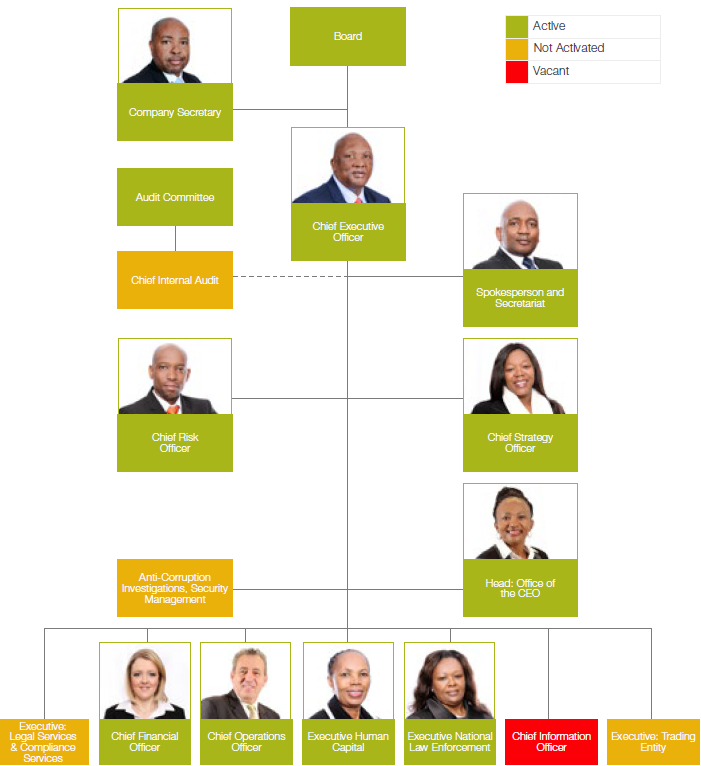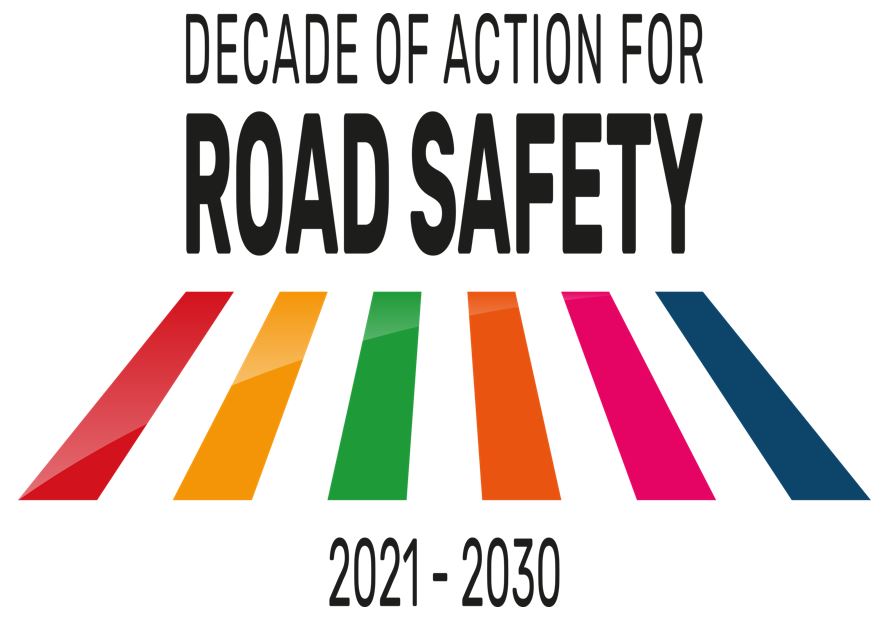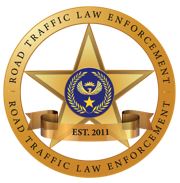Introduction
The RTMC was established in terms of the RTMCA. It is further governed, inter alia, by the provisions of the National Land Transport Act 5 of 2009 (NLTA), the National Road Traffic Act 93 of 1996 (NRTA), the PFMA, the Companies Act 71 of 2008 (CA) and the Criminal Procedure Act 51 of 1997 (CPA).
The strategic imperatives are aligned to government’s 2030 National Development Plan (NDP) following focus areas:
- Health Care for All (Priority 8)
- Building Safer Communities (Priority 10)
- Fighting Corruption (Priority 14) and
Futhermore, the strategy imperatives are aligned to the Medium-Term Strategic Framework (MTSF).
Constitution of the Republic of South Africa, 1996
The Constitution is the supreme law of the Republic of South Africa. The following table reflects the constitutional mandate of the RTMC in relation to other spheres of government.
Constitution of the Republic of South Africa
Table 1: Our Mandate in Relation to Other Spheres of Government
| Section |
Implication |
| Schedule 4 |
Sets out the areas of provincial legislative competence. The functional areas of concurrent national and provincial competence as per Schedule 4 Part A are listed as:
- Public Transport
- Road Traffic Regulation
- Vehicle Licensing
|
| Schedule 5 |
Provides for traffic as a Schedule 5 functional area, however the Constitution also provides for the national legislative authority over Schedule 5 matters under Section 44(2) and the provision of Section 76(1) legislation. All the legislative mandates of the RTMC are enacted in terms of Section 76(5) of the Constitution.
|
Road Traffic Management Corporation Act
The RTMCA was passed by Parliament in 1999 in line with the provisions of Section 44(2) of the Constitution of South Africa. The RTMCA aimed to establish the RTMC to pool powers and resources and to eliminate the fragmentation of responsibilities in road traffic management across the various spheres of government.
The RTMCA provides, in the public interest, for cooperative and coordinated strategic planning, regulation, facilitation and law enforcement in respect of road traffic matters by the national, provincial and local spheres of government. Table 2 shows the objectives of the RTMCA.
RTMC Act 20 of 1999
Table 2: RTMCA Objectives
| Objectives |
- To establish the RTMC as a partnership between national, provincial and local sphere of government
- To enhance the overall quality of road traffic services provision, and in particular ensure safety, security, order, discipline and mobility on the roads
- To protect road infrastructure and the environment through the adoption and implementation of innovative technology
- To phase out, where appropriate, public funding and phase in private sector investment in road traffic matter on a competitive basis
- To introduce commercial management principles to inform and guide road traffic governance and decision making in the interest of enhanced service provision
- To optimise the utilisation of public funds
- To regulate, strenghten and monitor inter-governmental contact and co-operation in road traffic matters
- To improve the exchange and dissemination of information and road traffic matters
- To stimulate research in road traffic matters and effectively utilise the resources of existing institutes and research bodies
- To develop human resources in the public and private sectors that are involved in road traffic matters
|
In accordance with the founding legislation, the Shareholders Committee must as part of the organisational structuring establish as many functional units as are required in line with the business and financial plan. The ten functions are listed in Section 18(1) of the RTMCA. Figure 2 shows the position of the functions as per the Shareholders Committee resolution.
Figure 2: RTMC Functions
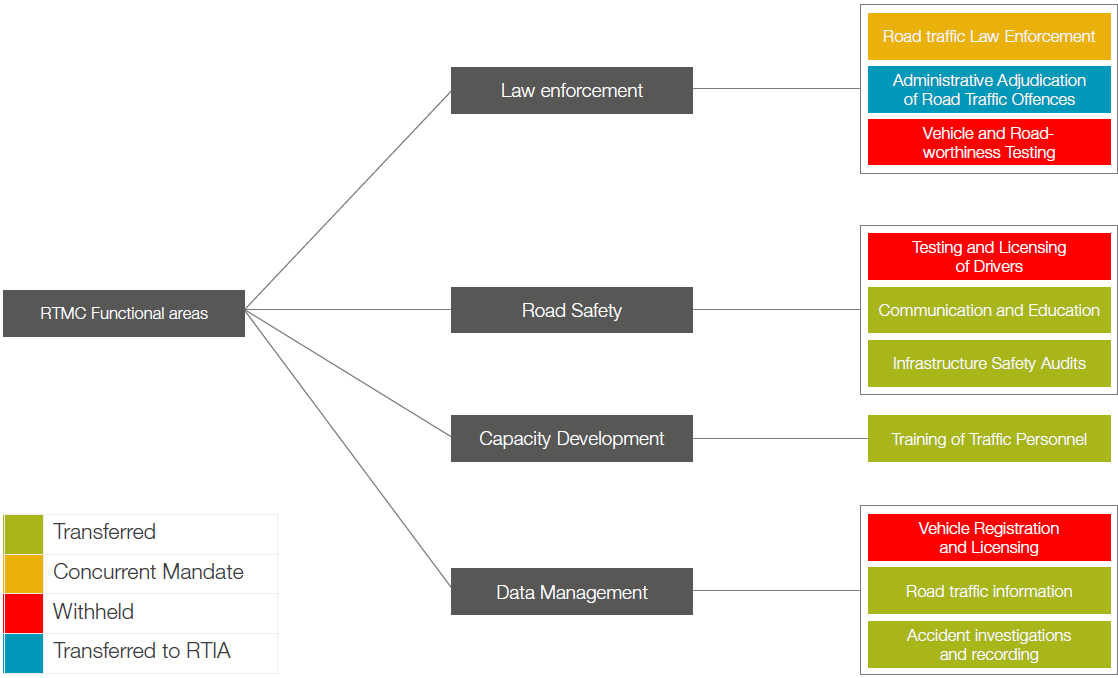
The Shareholders Committee has not transferred the management of the vehicle and roadworthiness testing, testing and licensing of drivers and vehicle registration and licencing functions to the RTMC. Law enforcement is a concurrent mandate executed jointly with other authorities or agencies with the specific objective of maximising impact and improving integration and coordination.
National Road Traffic Act
The NRTA encompasses all road traffic matters that apply uniformly throughout South Africa. It prescribes national principles, requirements, guidelines, frameworks and national norms and standards that must be applied uniformly in the provinces and other matters dealt with in Section 146 (2) of the Constitution. It consolidates land transport functions and allocates them to the appropriate sphere of government.
The act provides specific powers to the Corporation to enable it to execute its functions. Chapter VII of the National Road Traffic Act (NRTA) addresses the management of road safety. Powers of the CEO as per Section 52 of the act are as follows:
The CEO may:
i. Prepare a comprehensive research programme to effect road safety in the Republic, carry it out systematically and assign research projects to
persons who, in his or her opinion, are best equipped to carry them out;
ii. Give guidance regarding road safety in the Republic by organising national congresses, symposiums, summer schools and study weeks by means of
mass-communication media and in any other manner deemed by the CEO;
iii. To perform his or her functions properly the CEO may;
iv. Finance research in connection with road safety in the Republic;
v. Publish a periodical to promote road safety and pay fees for matters inserted therein;
vi. Give guidance to associations or bodies working towards the promotion of road safety in the Republic;
vii. Organise national congresses, symposiums, summer schools and study weeks and, if necessary, pay the
costs thereof, and remunerate persons performing thereat;
viii. With a view to promoting road safety in the national sphere, publish advertisements in the mass communication
media.
The CEO exercises his or her powers and performs his or her duties subject to the control and direction of the RTMC Board. It should be noted that the role of CEO is assigned to the Director-General of the Department of Transport, as stipulated in the transitional provisions.
National Road Traffic Act
Administrative Adjudication of Road Traffic Offences Act
The Administrative Adjudication of Road Offences Act 46 of 1998 promotes road traffic quality by discouraging road traffic contraventions and facilitating the adjudication of road traffic infringements. The RTMC is an issuing authority and applies the AARTO infringement process in the execution of the duties of the national traffic police duties.
AARTO Act 46 of 1998
Criminal Procedures Act
The purpose of the CPA is to regulate procedures and related matters in criminal proceedings. It governs how criminal cases are handled in courts of law by establishing due processes in criminal prosecutions. A traffic officer is appointed as a peace officer as per Section 334(2)(A) of the act, which contains schedules of offences. It empowers peace officers to arrest individuals for violating road regulations.
Other legislation
Apart from the mentioned legislation that anchors the RTMC’s mandate and allows for the imposition of levies, the following legislation is also applicable to the Corporation’s conduct of its business:
- The Public Finance Management Act (Act 1 of 1999) (PFMA), which specifies the listing of the RTMC as a Section 3A public entity;
- The Promotion of Access to Information Act (Act 2 of 2000) (PAIA), which determines the way the RTMC may access information;
- The Promotion of Administrative Justice Act (Act 3 of 2000) (PAJA), aims to make the administration effective and accountable to people for its actions; which then determines just administrative action for the RTMC;
- Government policies developed by the Minister of Transport that fall under the mandate of the RTMC.
Policy mandate
The policy direction on road traffic and safety is provided by the DoT. However, policy formulation is also carried out at a regional level and according to global norms.
Figure 3: Road Safety Policies/Instruments
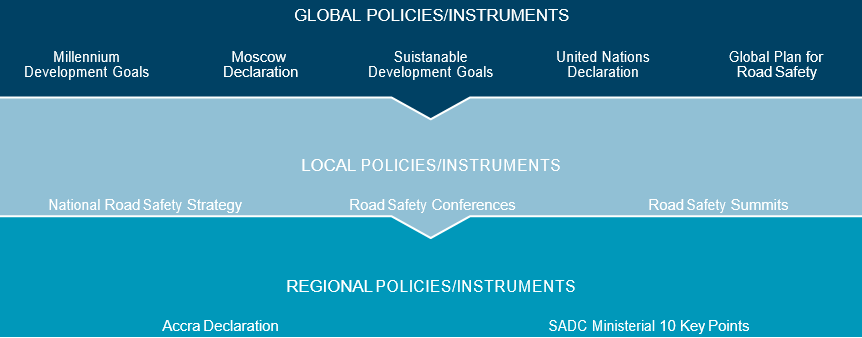
Global policy instruments
The Millennium Development Goals (MDGs) were crafted in 2000 in response to the development challenges facing the global community. In 2009 during the inaugural global ministerial congress on road safety, parties adopted the Moscow Declaration, which called for a decade of action for road safety. The UN passed Resolution 64/255 in 2010, recognising that road traffic injuries are a public health challenge that threatens the successful achievement of the MDGs.
Figure 4 outlines the 5 pillars of action to address road safety

Following the UN resolution, the decade of action for road safety 2011-2020 was launched on the 11 May 2011. This laid out a programmatic action plan aimed at reducing road traffic fatalities by 50% from the 2010 baseline. The global plan for the Decade of Action for Road Safety 2011-2020 was developed, which provided guidelines on approaches that can be applied to reduce road fatalities. Figure 4 shows the five pillars to address road safety. In 2015, the road safety targets were added to the Sustainable Development Goals (SDGs).
South Africa, represented by the Minister of Transport, is a participant to the UN decade of action for road safety. The RTMC as a lead agency for road safety is a member of the United Nations Road Safety Collaboration (UNRSC) and is responsible for monitoring local road safety programmes and reporting on progress in the reduction of road crashes, injuries and fatalities.
Downloads
KING II Report Summary of Code
Public Finance Management Act
National Road Traffic Law Enforcement Code

